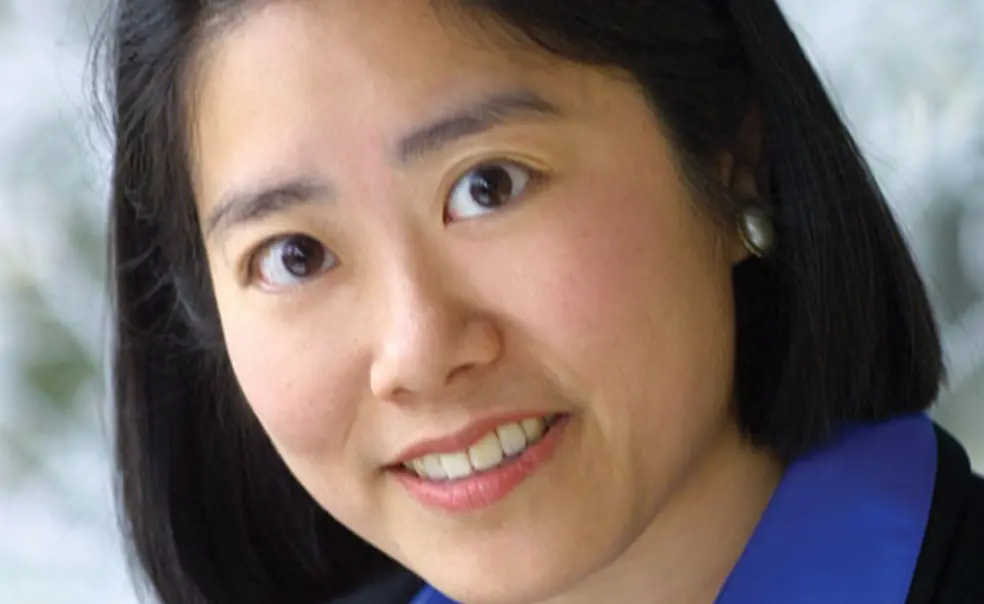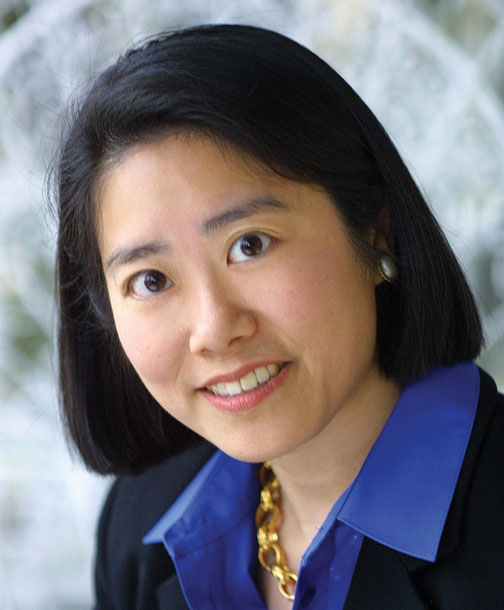APGA seeks new sense of connection for grad alums
The Association of Princeton Graduate Alumni (APGA) is launching an effort to help graduate alumni feel more connected to other alumni and to the University itself.
“There is a growing recognition that more and more graduate alumni have something to contribute and want to be involved,” said Rose Li *92, the association’s vice president who is serving as executive director of the newly formed APGA 2010 Commission on Graduate Alumni Relations.
Princeton has more than 24,000 graduate alumni, and the commission’s key goal is to “energize” that group to participate more actively in the University community, Li said.
She said the APGA hopes that the commission — comprised of graduate alumni with experience in managing large organizations, marketing, communications, and finance — will help develop a strategic vision for engaging grad alums. The number of APGA members who pay annual dues has declined from 1,498 to 1,128 since 2006–07, but Li said that the association hopes to foster a sense of belonging by grad alums so that “dues-paying becomes a matter of course because they believe in the APGA mission and see value in its programs.”
Annual Giving by graduate alumni has been on the rise. The number of donors has increased steadily, and for six consecutive years the dollars donated surpassed the previous year, according to Elisabeth Dorman, director of graduate alumni relations. In 2008–09, graduate alumni donated $1.7 million.
The role of graduate alumni has been less clear and opportunities for involvement less obvious than for their undergraduate counterparts, said Anne Sherrerd *87, the first grad alum to serve as president of the Alumni Association. While some graduate alumni have taken on Alumni Council leadership positions and other roles at Princeton, their numbers still are small, Sherrerd said.
Graduate alumni generally don’t share the same University connection and have fewer ongoing Princeton relationships, she noted. “As a result, one group is much more engaged, as a whole, than the other. But I don’t see a reason why that has to be,” she said. Sherrerd said she hopes the commission will examine “whether there are institutional practices or structures at Princeton that are unintentionally con- tributing to whatever sense of separateness there may be.”
Graduate alumni have worked effectively in advising the graduate school administration and in talking with students on campus, said Dean William Russel, but a major challenge is engaging those who don’t live in the Northeast.













No responses yet